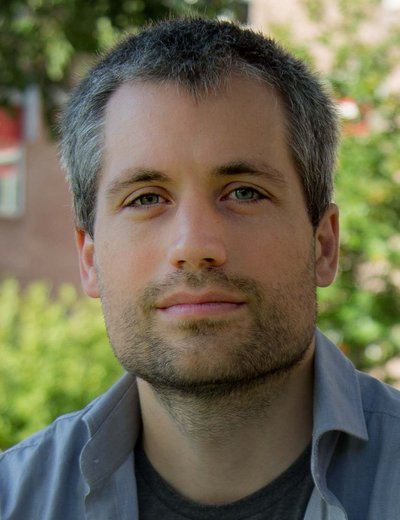Electric sparks in the air may seem simple, but their behaviour can be surprisingly complex. They are important in various applications, from environmental technology to high-voltage engineering. For his pioneering work in simulating these electric discharges, Jannis Teunissen (CWI) has been named the 2024 winner of the Noah Hershkowitz Early Career Award and Review, as recently announced by the Plasma Sources Science and Technology journal (PSST). This prize highlights Teunissen’s innovative contributions to computational plasma physics, in particular his 3D simulations of streamer discharges - fast-moving ionized channels that form the first stage of sparks.
Computational plasma physics
Jannis Teunissen explores the frontiers of scientific computing and plasma modelling in CWI’s Multiscale Dynamics group. After doing his PhD research in plasma physics at CWI – which he obtained ‘cum laude’ - he worked as a postdoctoral researcher at KU Leuven before returning to CWI. He won several prizes, including the Student Award of Excellence of the international Gaseous Electronics Conference in 2015 and the Early Career Scientist Prize in Plasma Physics of the International Union of Pure and Applied Physics in 2023.
Teunissen’s research focuses on the computational study of electric discharges in gases, computational (plasma) physics and the application of machine learning. The methods he develops help scientists better understand electric discharge in nature and in technological applications. His work bridges theory, simulation, and experimental validation.

